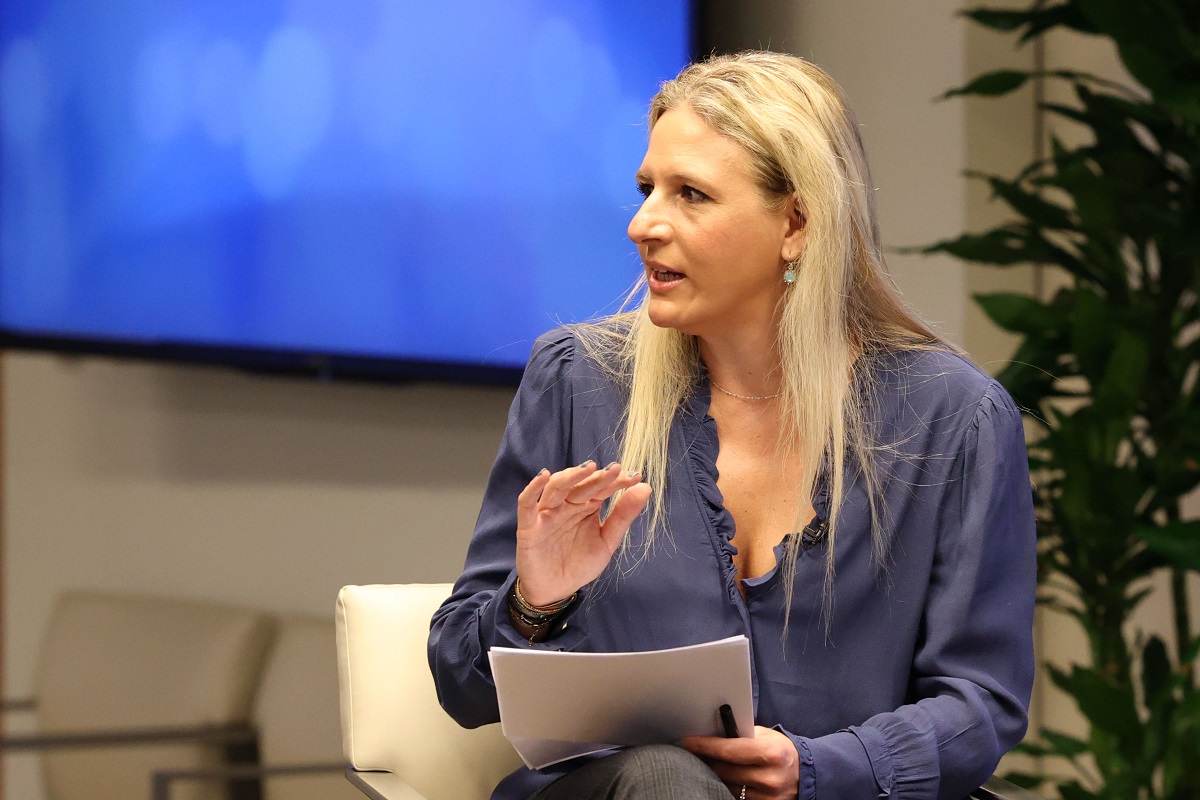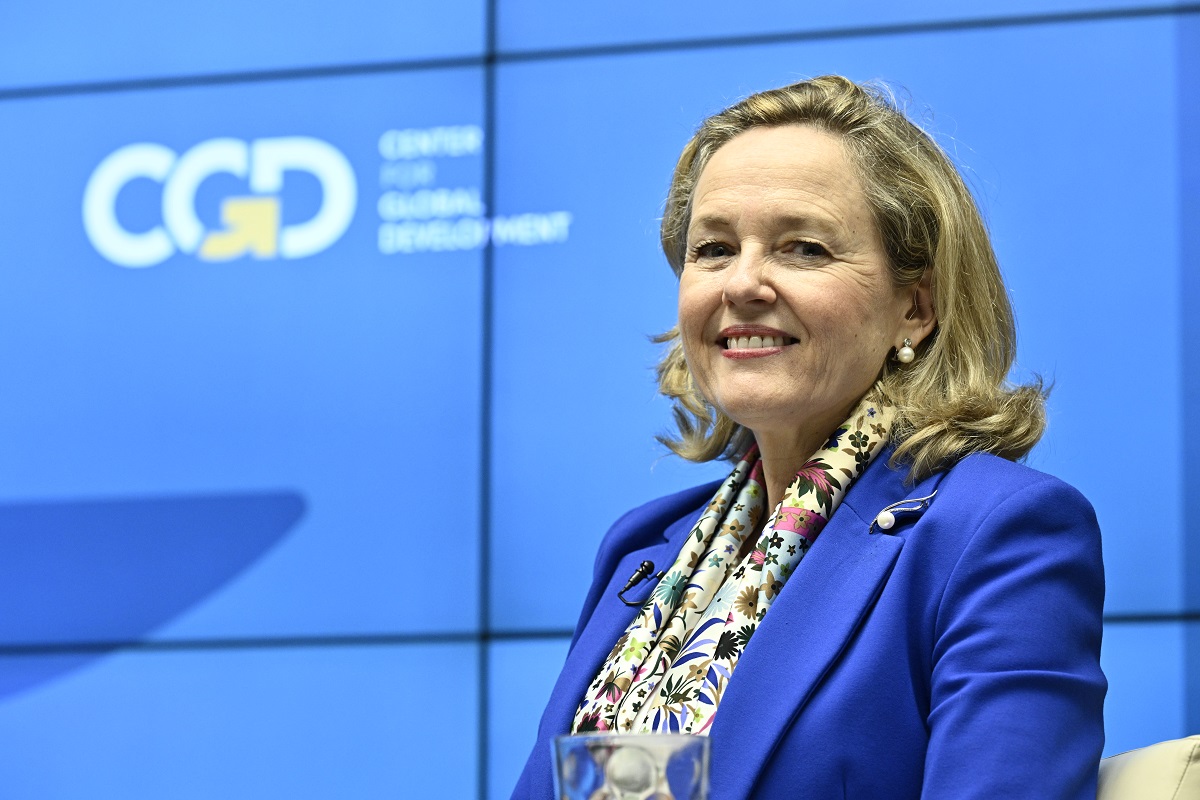by
June 10, 2009
Gorik Ooms and European colleagues are organizing a small meeting in Brussels in October to be called the Global Responsibilities for Global Health Rights Conference. The Conference is organized by the Helene De Beir Foundation and has the moral or financial support of AIDS Fonds, Netherlands; Parliamentarians for the MDGs, Belgium; International Centre for Reproductive Health, Belgium; International Civil Society Support, Netherlands; Institute of Tropical Medicine, Antwerp, Belgium and The Lancet, United Kingdom. According to an announcement and concept document they have circulated, the conference will propose a "new" human-rights based approach to foreign assistance which they believe is implicitly gaining ground and should replace the existing paradigm.
In my recent work on donor funding of AIDS treatment (here and here), I have proposed that the US’s PEPFAR program be considered the first “international entitlement” program. I use this word in recognition of the reputational harm that the US would suffer it were to discontinue AIDS treatment funding for patients in poor countries who are currently enrolled in a publicly identified US-supported programs. The word “entitlement” has been resisted by AIDS treatment advocates here in the US on the grounds that it “equates an AIDS patient in Zambia with a `welfare queen’ in the Bronx”. To these advocates, using the word “entitlement” raises the specter of Clintonesque “welfare reform” and the possibility that similar reform concepts might be applied to AIDS treatment, an eventuality that they find frightening and repugnant. I’ve been rather taken aback by these hostile reactions, but I defend the use of the term as a realistic description of the policy dilemmas with which PEPFAR saddles the Obama administration.
Much to my surprise, in a paper he presented at a meeting here in Washington a few weeks ago, Gorik Ooms and his co-authors embrace the term "entitlement" as I have applied it to the AIDS treatment component of US's PEPFAR program. Furthermore, they would like to convince the world that the poor in developing countries have a “Global Entitlement” not only to AIDS treatment, but also to a broad list of basic needs and services.
The concept note accompanying the announcement for the upcoming conference describes the proposed new foreign assistance paradigm as the recognition of by the international community of "rights owners" (some or all of the citizens of the poorest countries) and "duty bearers" (donor agencies and the individuals who finance them). The objective of their upcoming conference is to propose legal, ethical and institutional foundations to undergird an ongoing flow of resources from the "duty bearers" to the rights owners in order to support the latter's stable annual consumption of certain "basic needs" or "merit goods" for the foreseeable future. I take it that health care in general and AIDS treatment in particular would be among the services that Ooms and his associates consider worthy of such unending and unconditional support.
With their writings and now with this conference, Ooms and his colleagues are entering the debate on how to reformulate foreign assistance for the twenty-first century. Their human-needs approach can be compared and contrasted with the suggested recognition of the need for "Global Policy Finance" by Severino and Ray in the CGD's recent working paper. Also see Nancy Birdsall's recent remarks on the role of “solidarity” as a justification and organizing principle for an alternative model for foreign assistance here.
Like Severino and Ray and like Birdsall, Ooms and his colleagues seek to free us from the strait-jacket of thinking about recurrent cost burdens, sustainability and five-year project horizons. A major difference between proposals by Severino and Ray and Birdsall and that by Ooms and his associates is the degree of concern about the effects of alternative paradigms on efficiency in the recipient countries. While Severino & Ray explicitly discuss the improved efficiency that they expect would result from a shift to their model and Birdsall uses outcome measurement as a touchstone for a wise program, Ooms and his associates so far seem to think that improved efficiency will occur automatically as a result of the better health and education that would result from their proposed paradigm change. In my view, the advocates of these approaches insufficiently address the potential drawbacks of a system of sustained financial flows, including the danger that sustained flows of increased amounts of foreign resources will perpetuate a form of "Dutch disease" in the recipient countries or the possibility that relieving recipient governments of the need to raise taxes from their citizens will undermine democracy and the accountability of the recipient government to its citizens. And none of the approaches yet addresses the problem of increasing and then maintaining the spending on foreign assistance during a time when citizens of donor countries are learning to live with reduced expectations.
Just as "moral hazard" and other efficiency losses accompany any domestic entitlement program (in the form of reduced labor supply or unneeded or even harmful medical care), efficiency losses will also accompany either a Global Policy Finance, a Solidarity or a Global Entitlement approach to foreign assistance. (Indeed there are plenty of efficiency losses in the current aid paradigm.) But efficiency losses can be reduced without abandoning reform efforts. The Clinton welfare reform so feared by AIDS advocates arguably achieved substantial improvements of efficiency at a cost of relatively few people unjustifiably denied assistance. The contribution to national development of any change in the foreign assistance paradigm will hinge on the strength and plausibility of the mechanisms proposed to minimize these efficiency losses.
Disclaimer
CGD blog posts reflect the views of the authors, drawing on prior research and experience in their areas of expertise. CGD is a nonpartisan, independent organization and does not take institutional positions.





